August 12th, 2021
6minute read
The M1A has an impressive lineage.
But how does the M1A stand up to the original M14 rifle?
Does it have the capabilities and possibly even more important the durability of its military sibling?
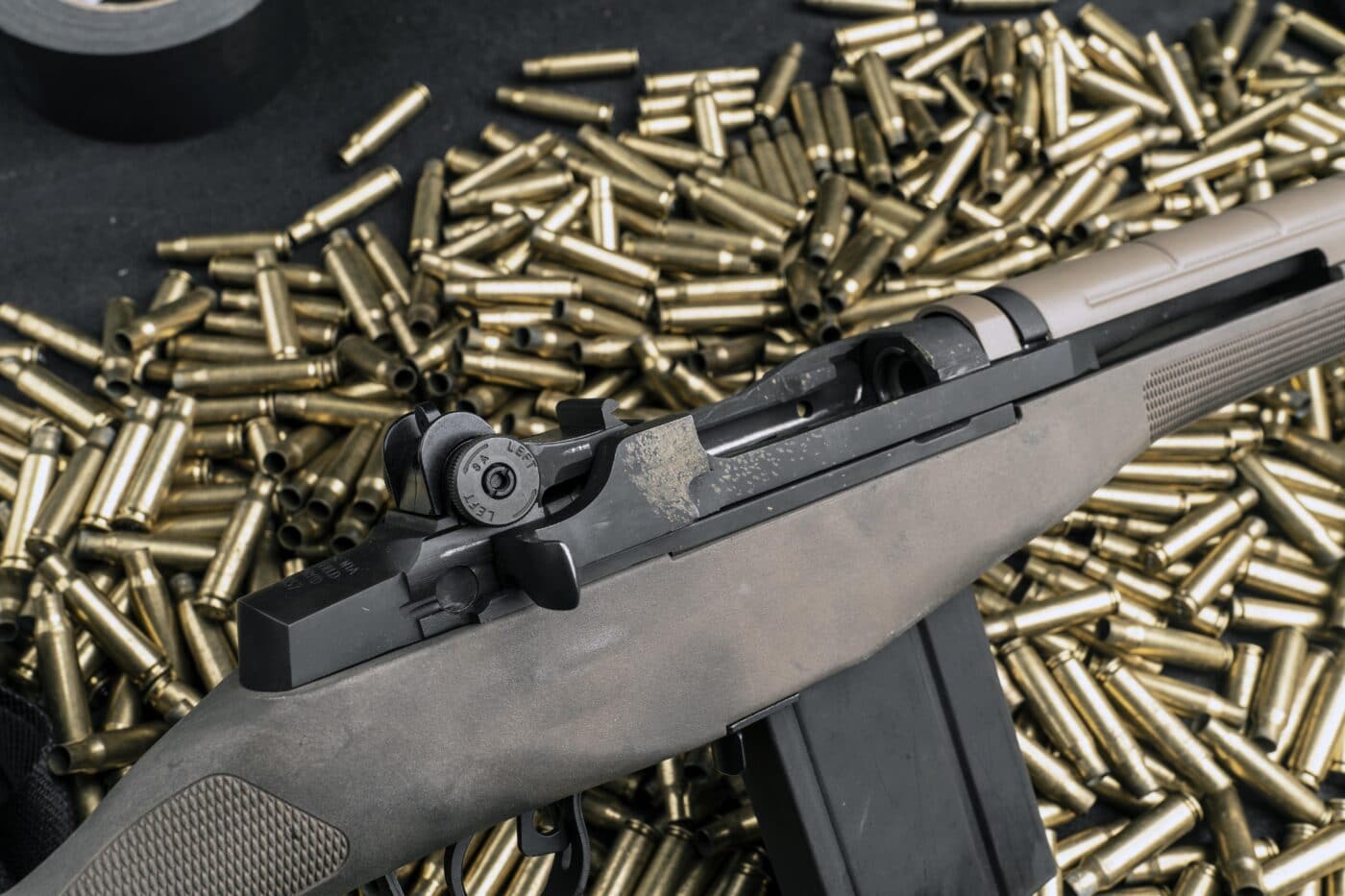
He also worked on the S.A.S.S.
(a fascinating 1911-based single-shot pistol that chambered rounds such as the .44 Mag.
as well as the 7mm-08), the popular M6 Scout and M1 Garand rifles.
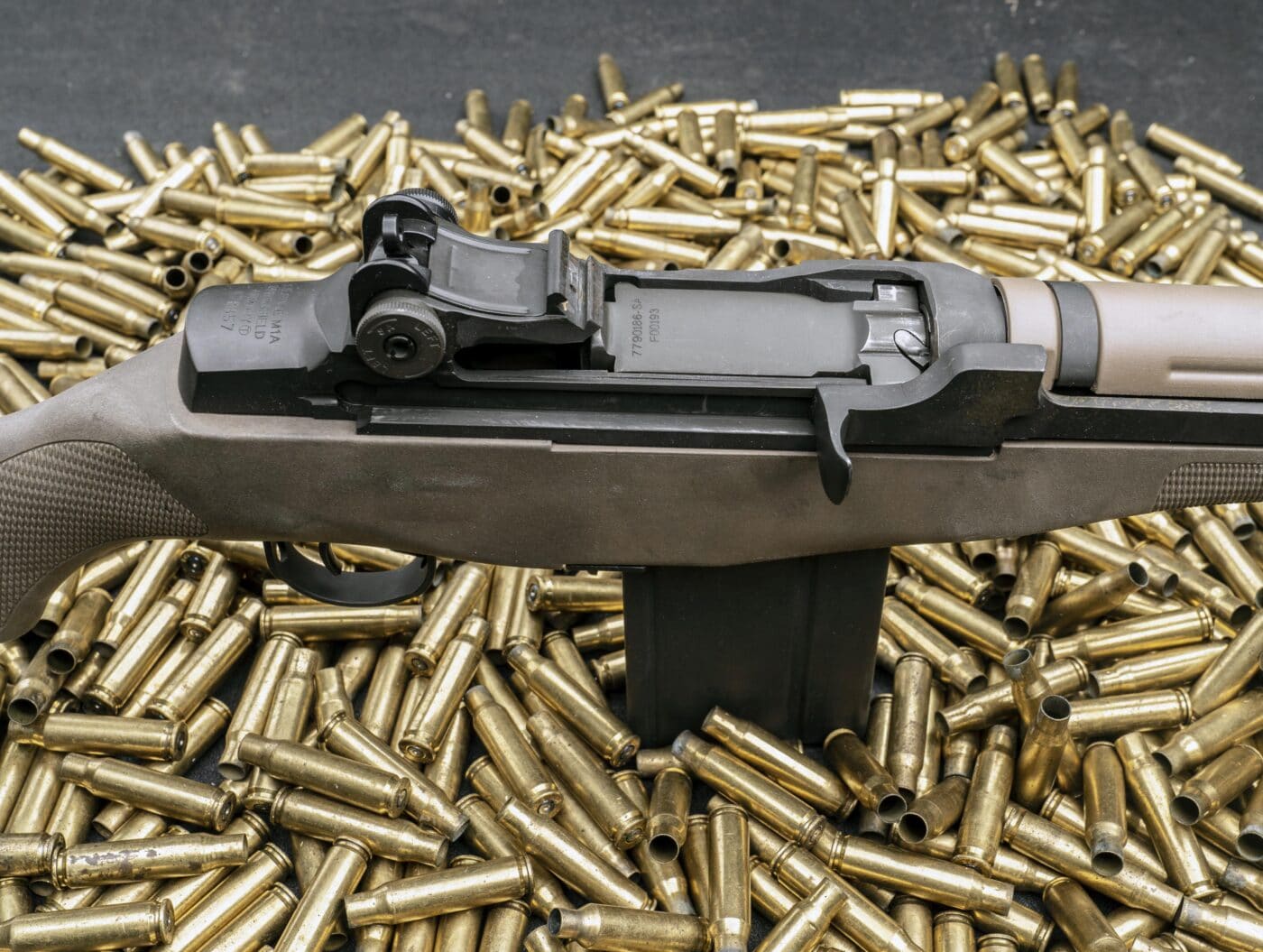
He has been with the R&D department for the last several years.
The gun appeared to be fully functional, but it had clearly had some rounds put through it.
And it did not look like it had been babied during the process.

I asked Jason what the story was with that gun, and he smiled.
Weve put a lot of rounds through that gun, he told me.
I noticed a certain emphasis on the words a lot.
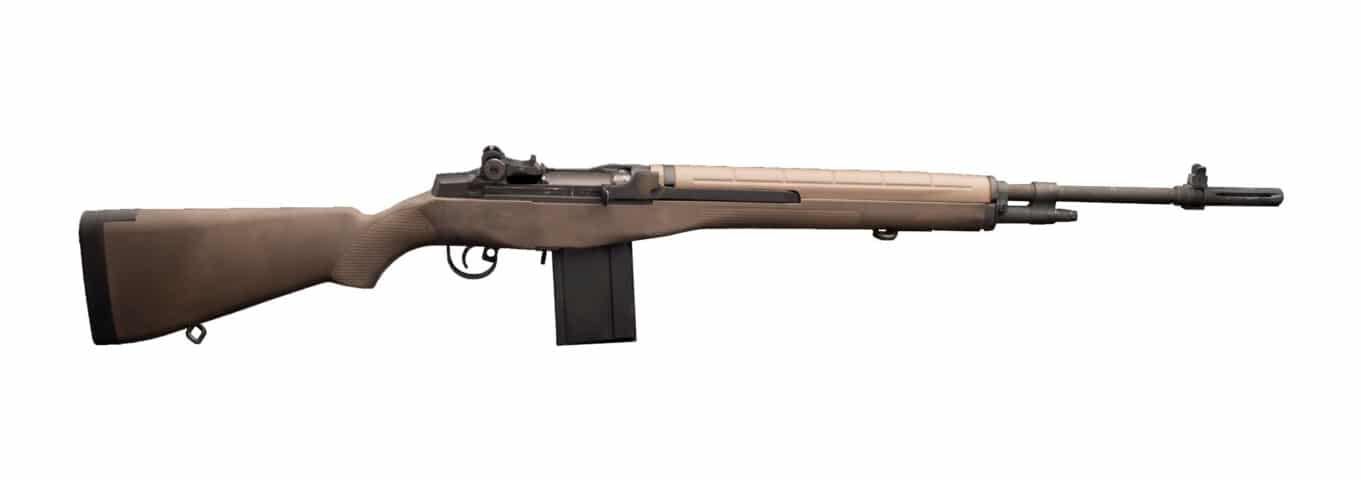
Sure, spot-checking here and there can be effective, as can be shooting for groups to ensure performance.
But nothing tests the mettle of a firearm like round-intensive endurance test.
And this tells me that Springfield cares about the quality of its products.
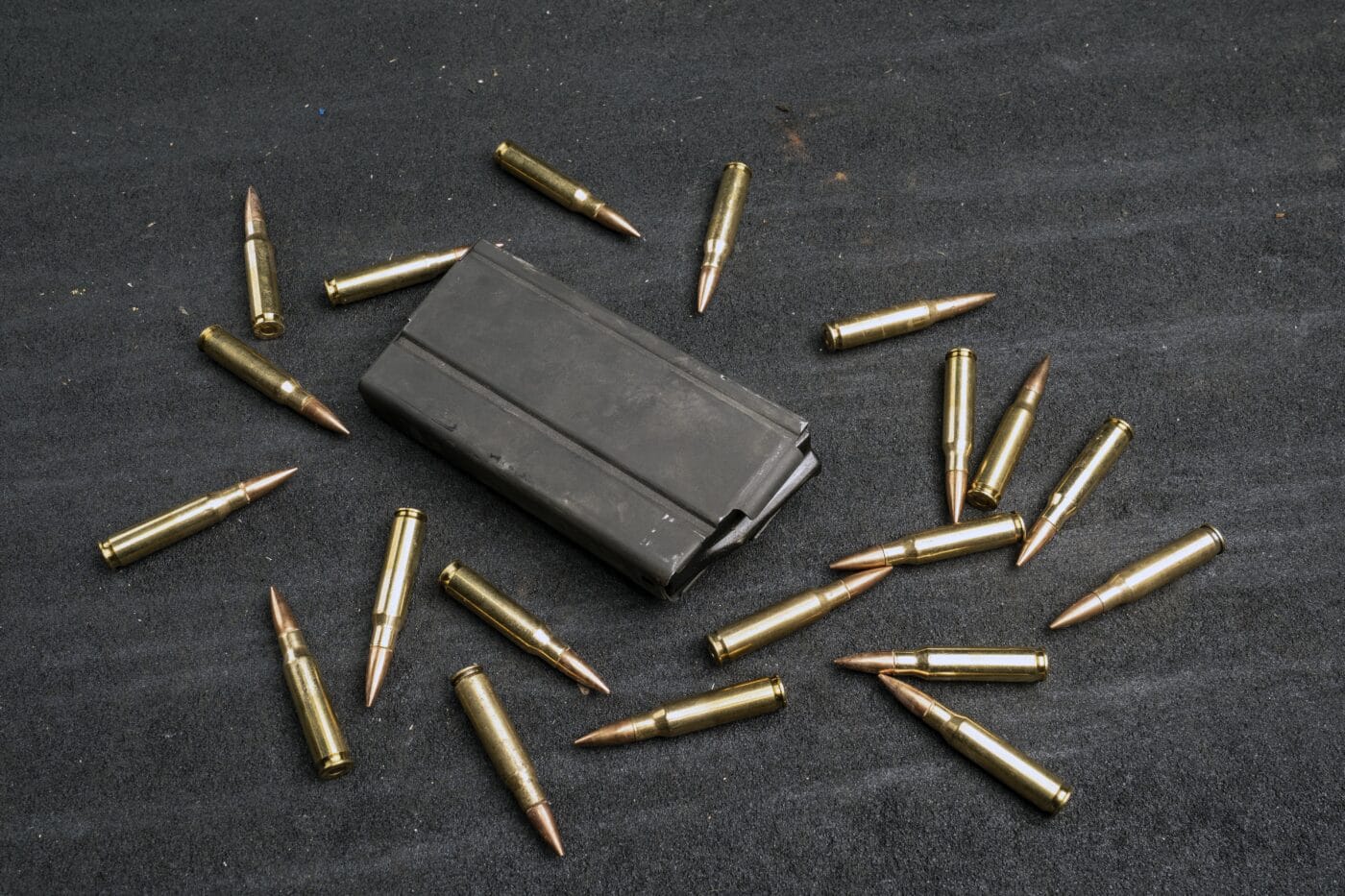
So how many rounds are we talking about, here?, I asked him.
When he told me the number, I was impressed.
What was that number?
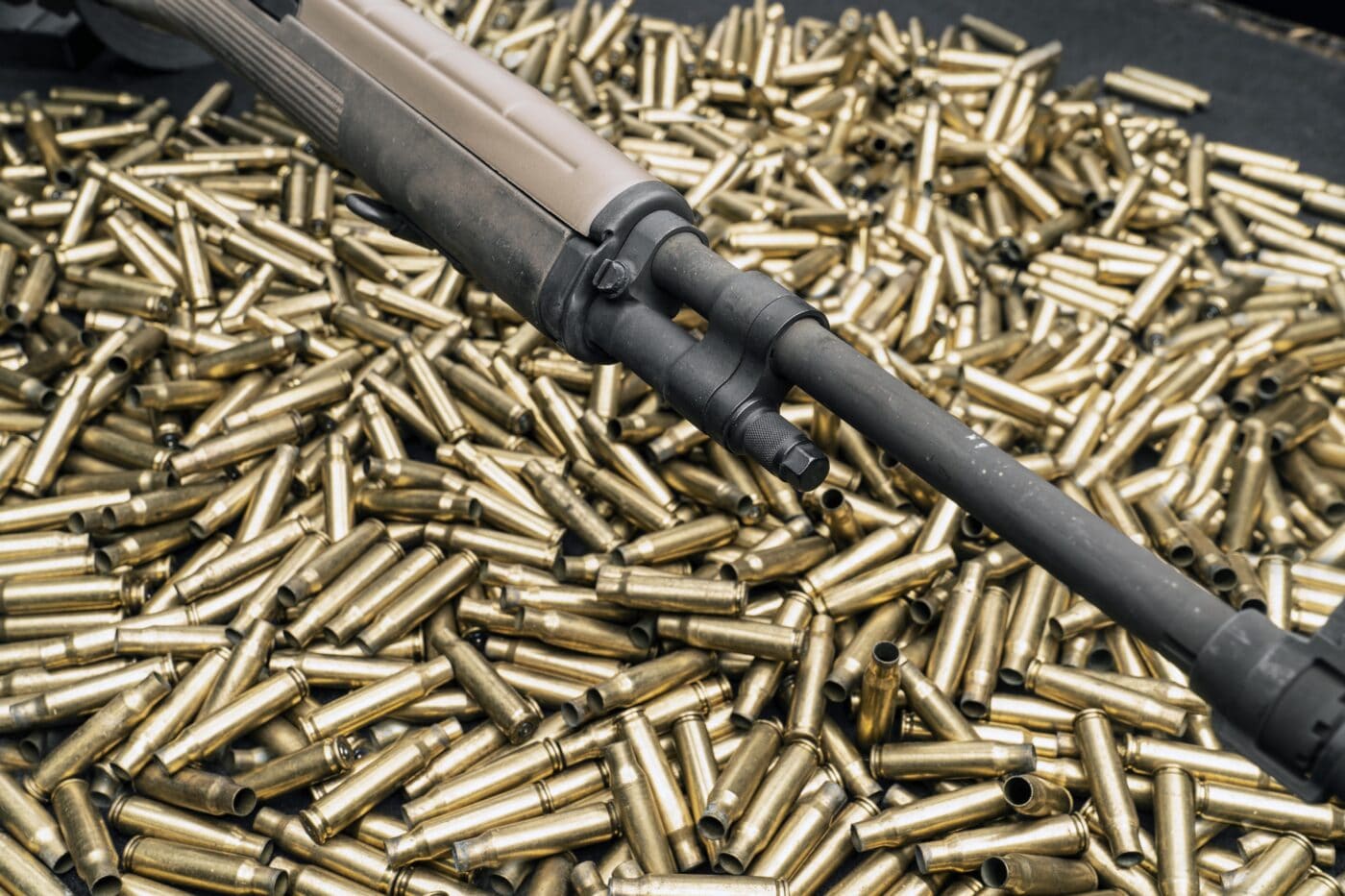
Through a single gun.
Fired over the course of five days.
And I was holding the result of that test in my hands as we talked.
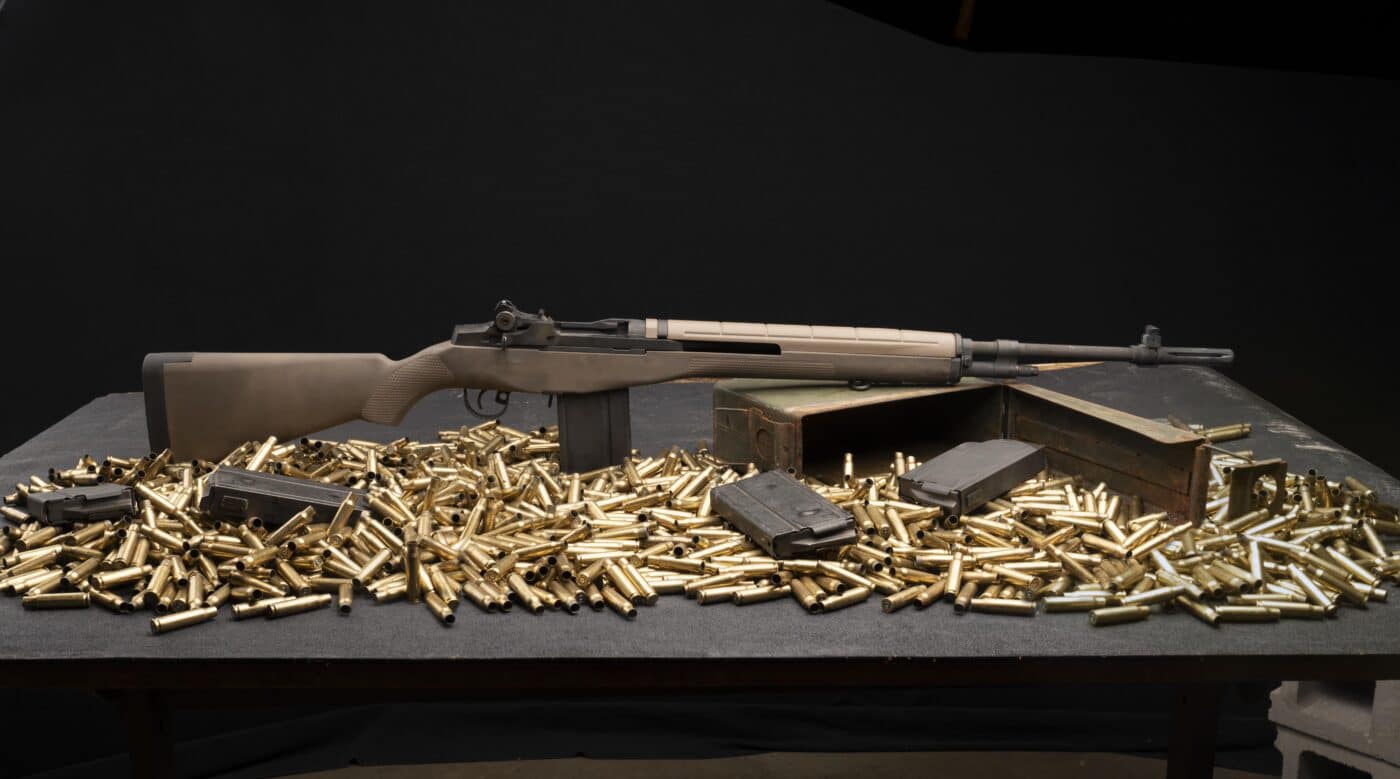
The Nuts & Bolts
Obviously, I was interested in how the testing went.
The gun was still in one piece, so it clearly had survived.
The rifle was an M1A Standard Issue with a synthetic stock.

No special models here, no special treatment.
Just a basic, stock model of the classic M1A design.
But what exactly had happened during the test?
The ammo used was Federal/American Eagle 150-gr.
Interestingly, he told me they removed the handguard for the testing.
This was done to help the cool more easily and not retain any more heat than necessary.
The onlycleaning of the M1Adone was to run a bore snake through the barrel every 1,000 rounds.
String after string of 200 rounds was run through the rifle, with the above process held to rigidly.
As they reached 1,000 rounds, there were no problems.
That carried through 4,000, 5,000, and more.
It was at 9,000 rounds that the first hiccup appeared.
The Fly in the Ointment
What was it that happened just over the 9,000-round mark?
JC explained that they noticed a few short strokes of the action.
They were sporadic, but they were happening.
They stopped the test, cooled the rifle and did a close inspection of the rifle.
A detailed inspection of the piston revealed fouling inside the gas cylinder.
It was quickly determined that this was the source of the short strokes with the rifle.
The piston was removed, cleaned and reinstalled, and the test began again.
The rifle at 10,000 rounds?
Sounds like a pretty successful test, doesnt it?
Clearly, it had made it through the test with flying colors.
Heck, the fact it was still in one piece no rattle, no looseness, etc.
They found no parts failures, and the headspacing held strong (at 1.633).
Yep, a pretty successful test.
Go to forum thread




